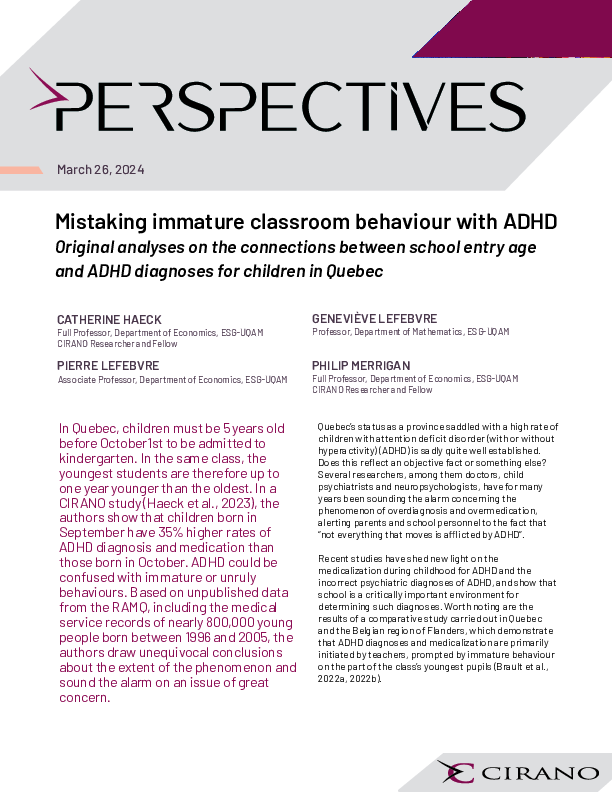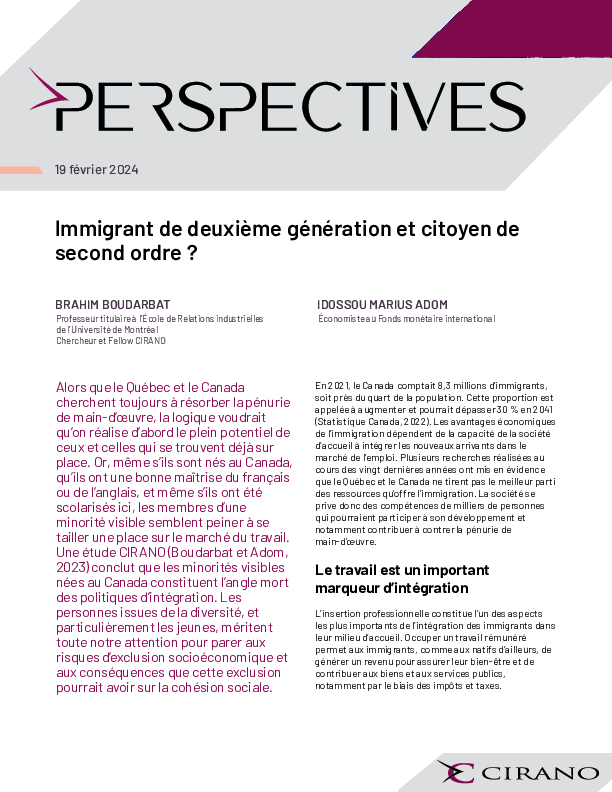The Effect of Job Loss on Health: Evidence from Biomarkers
The
effect of job loss on health may play an important role in the development of the
SES-health gradient. In this paper, we estimate the effect of job loss on
objective measures of physiological dysregulation using longitudinal data from
the Health and Retirement Study and biomarker measures collected in 2006 and
2008. We use a variety of econometric methods to account for selection and
reverse causality. Distinguishing between layoffs and business closures, we
find no evidence that business closures lead to worse health outcomes. We also
find no evidence that biomarker health measures predict subsequent job loss
becaue of business closures. We do find evidence that layoffs lead to diminished
health. Although this finding appears to be robust to confounders, we find that
reverse causality tends to bias downward our estimates. Matching estimates,
which account for self-reported health conditions prior to the layoff and
subjective job loss expectations, suggest even stronger estimates of the effect
of layoffs on health as measured from biomarkers, in particular for
glycosylated hemoglobin (HbA1c) and C-reactive protein (CRP). Overall, we
estimate that a layoff could increase annual mortality rates by 9.4%, which is
consistent with other evidence of the effect of mass layoffs on mortality.
[ - ]




